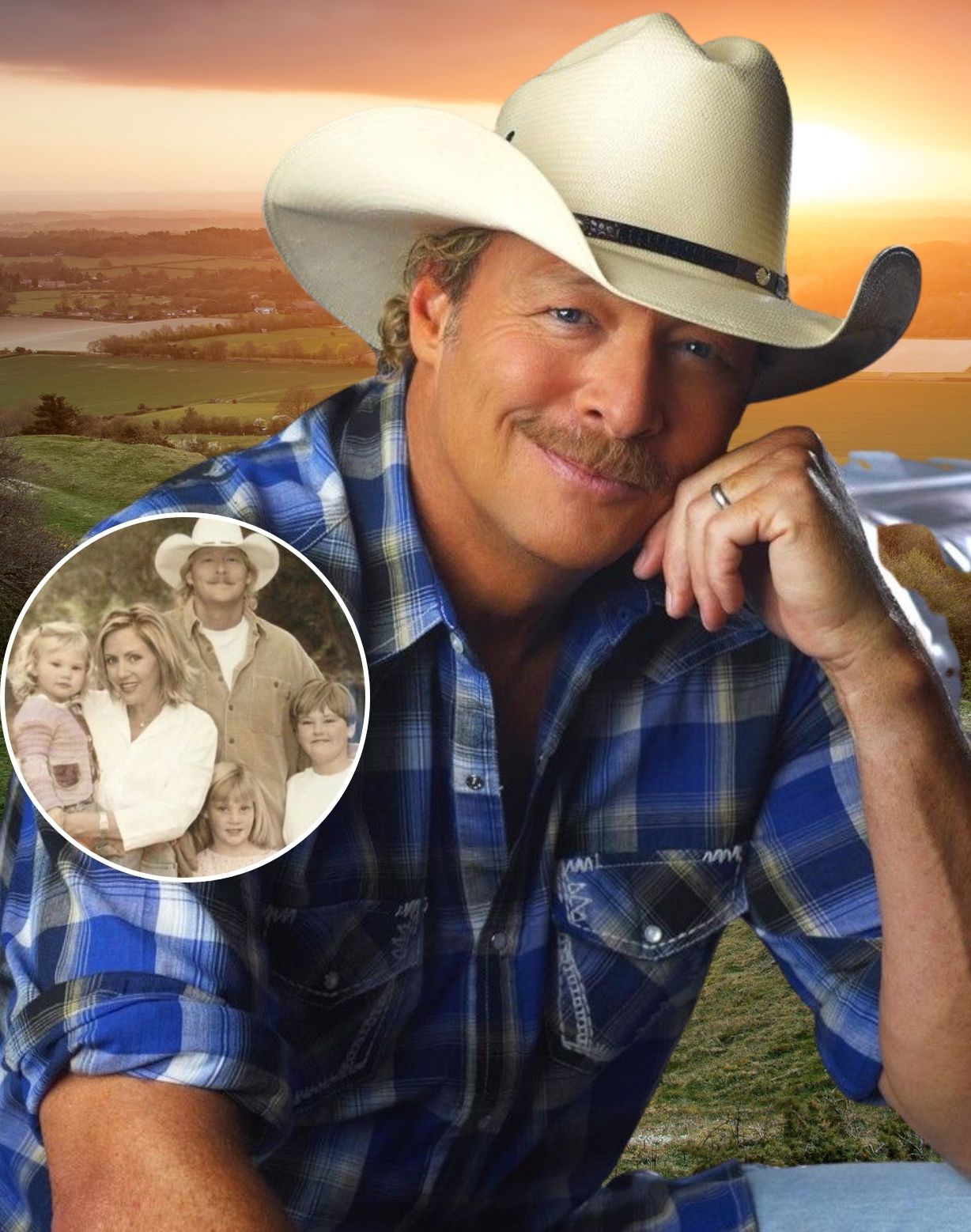
In an era of constant growth and corporate expansion, Alan Jackson’s “Little Man” stands as a heartfelt elegy to a fading piece of the American landscape: the small-town shopkeeper, the family-run store, the people who built communities with hard work, faith, and handshake deals.
Released in 1999 as part of his album High Mileage, “Little Man” may not have been Jackson’s biggest chart hit, but it has become one of his most deeply resonant and socially observant songs. It taps into a universal truth for many Americans—especially those who’ve watched their local diners, hardware stores, and five-and-dimes slowly vanish, replaced by big-box chains and online convenience.
From the very first line, Jackson paints a picture that’s familiar to anyone who grew up near a town square or a roadside stretch dotted with local businesses. “I remember walkin’ ’round the court square…”—this isn’t fiction. It’s memory, nostalgia, and a quiet kind of grief.
Alan Jackson’s voice carries the weight of this loss not with anger, but with reflection. His gentle baritone and acoustic-driven arrangement leave room for the listener to breathe, to remember. The melody itself is simple and steady—much like the people the song honors.
The chorus is where the message truly lands:
“Now the little man’s gone…”
That line doesn’t just signal a store closing. It speaks of a cultural shift, of vanishing values and disappearing ways of life. It asks the listener to remember not just what has changed, but what it costs us when we stop supporting the communities that raised us.
What makes “Little Man” powerful is that it never turns into a lecture. It doesn’t point fingers or play politics. It simply tells the truth through one man’s eyes—and in doing so, it gives a voice to countless others who’ve quietly watched their world change.
More than two decades after its release, “Little Man” still hits home. In a time when “supporting local” has become a rallying cry, Jackson’s ballad feels more relevant than ever. It reminds us of what we’ve lost, what we still stand to lose, and what we might recover if we choose community over convenience.